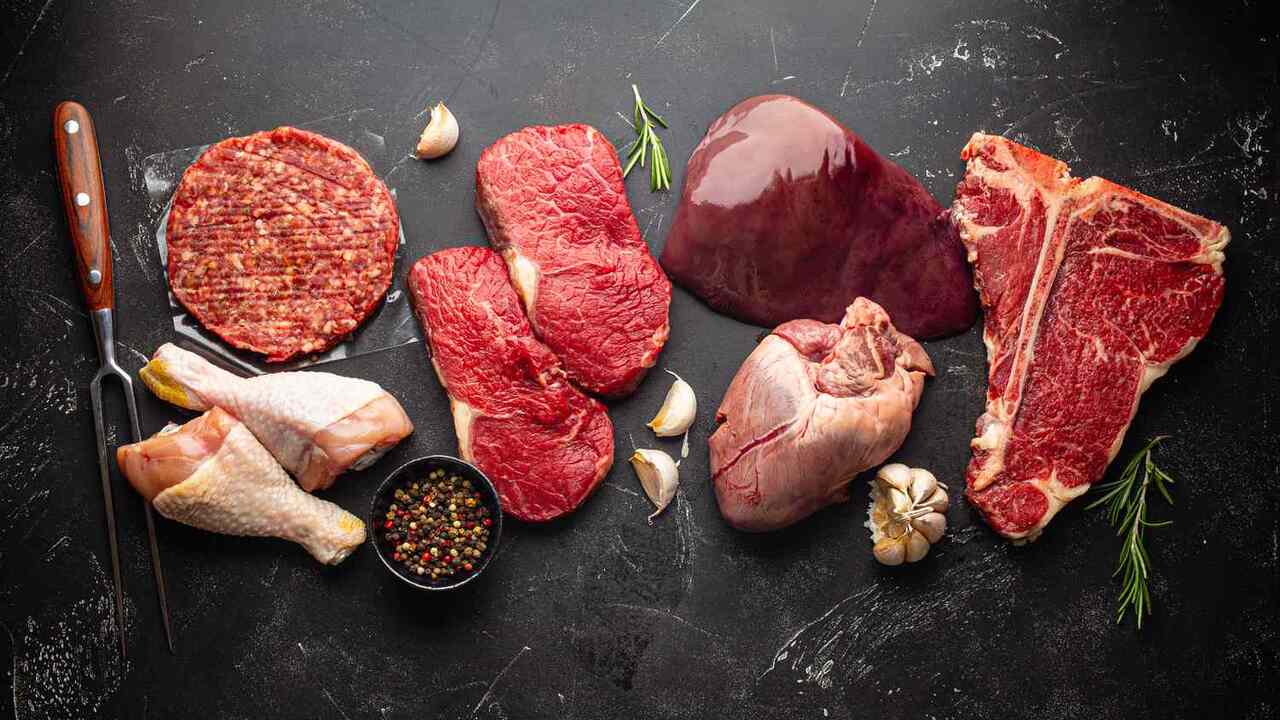The carnivore diet excludes all plant foods. A person eats only animal products, including meat, fish, animal fats, and dairy products (low lactose).
As a result, breakfast might consist of eggs and creamy bacon, lunch might consist of chicken breast and cheese meatballs, and dinner might consist of roast beef and salmon.
Proponents of the carnivore diet say that the plant toxins and pesticide residues used in plant-based food production are harmful to our health.
Unfortunately, there is no scientific evidence to support the health effects of eliminating all plant foods from the diet. The only thing is anecdotal reports and evidence that suggest weight control, heart and metabolic health, improved cognitive function, reduced inflammation, improved digestive function, and reversal of autoimmune diseases.
The side effects of the carnivore diet are similar to those of the keto diet. These include bad breath, constipation, diarrhea, headaches, dehydration, and other symptoms associated with ketosis. These symptoms may go away over time as your body adjusts to the diet. In about a month.
Meat is an excellent source of high-quality protein, iron, zinc, selenium, vitamin D, and vitamins B6 and B12. Fish contains high-quality protein, omega-3 fatty acids, vitamin D, selenium, and iodine. Dairy products are rich in high-quality protein, calcium, iodine, and B vitamins.
However, the NHS Eatwell Guide recommends eating at least 5 80g portions of fruit and vegetables a day. A third of your total diet should also consist of whole grains and starchy foods, which are high in fibre. If all of these were excluded, a person would have 0g of fibre, which is associated with unknown long-term consequences for gut and heart health.
Scientists around the world agree that higher fiber intake is associated with a lower risk of heart disease, type 2 diabetes, and colorectal cancer, and that high consumption of red and processed meat increases this risk.
Information from randomized controlled trials shows that plant-based foods rich in soluble fiber reduce low-density lipoprotein (LDL) and triglyceride concentrations in the blood. It reduces the rate of progression of atherosclerosis. On the contrary, fatty meats and oils can increase the levels of “bad” cholesterol. Plant foods are also rich in potassium, vitamin C, folic acid and other trace elements, which are mostly found in vegetables and fruits.
A healthy plant-based diet is also known to be associated with more diverse and beneficial gut microbiome profiles, which helps reduce inflammation.
News materials are not equivalent to a doctor’s prescription. Consult a specialist before making a decision.
Source: Ferra
I am a professional journalist and content creator with extensive experience writing for news websites. I currently work as an author at Gadget Onus, where I specialize in covering hot news topics. My written pieces have been published on some of the biggest media outlets around the world, including The Guardian and BBC News.










